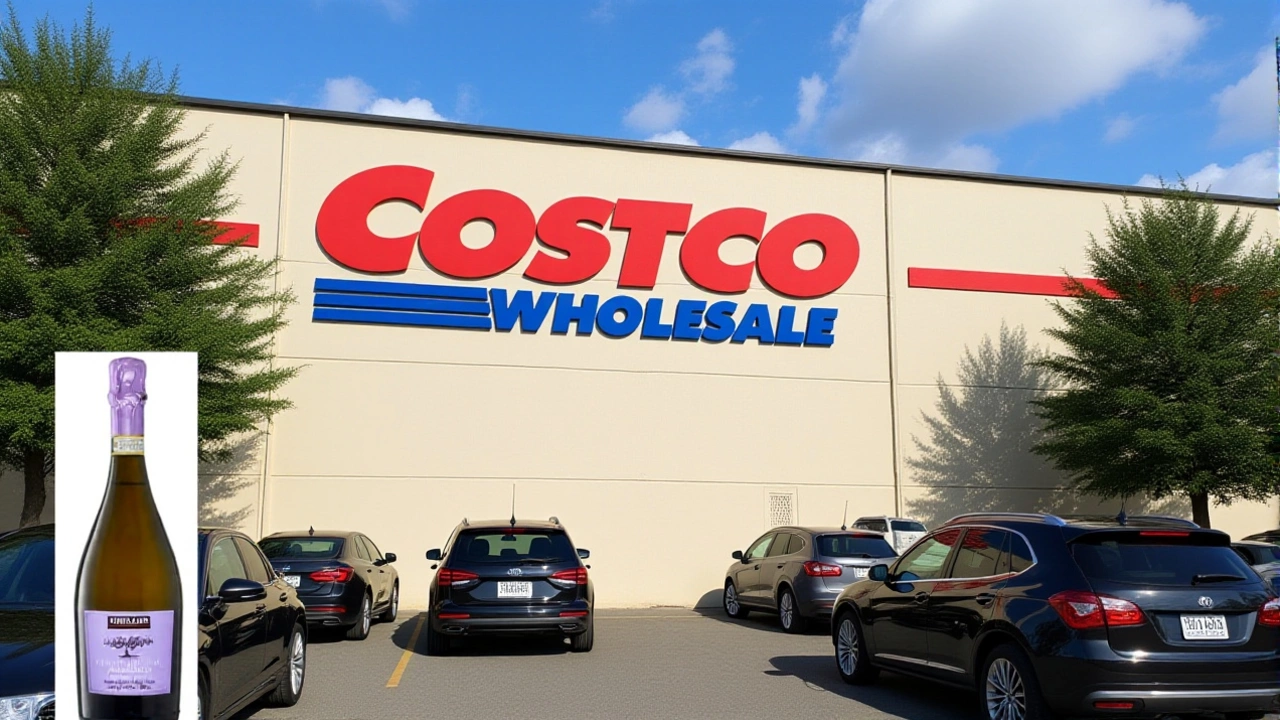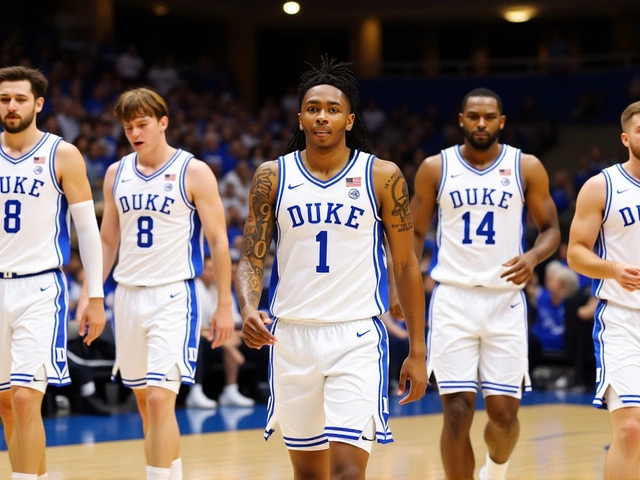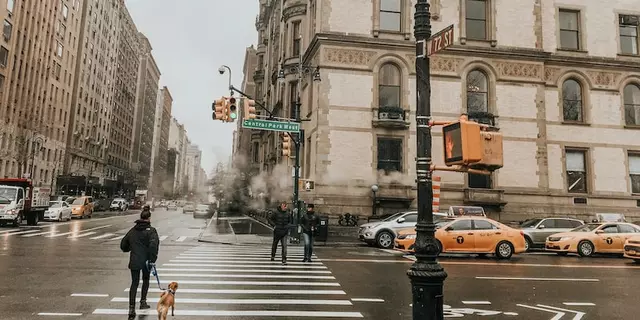When consumers in the Midwest cracked open a bottle of Kirkland Signature Valdobbiadene Prosecco last summer, they expected celebration—not a sudden explosion. But between April and August 2025, at least 10 bottles shattered without warning, leaving one person with a laceration and triggering a massive, expanding recall by Costco Wholesale and F&F Fine Wines International, Inc. dba Ethica Wines. The 2026 recall covers exactly 941,400 bottles of the $8 sparkling wine, sold exclusively in 13 Midwest states, after the initial September 2025 recall failed to stop the hazard. The cause? Spontaneous combustion—yes, combustion—leading to bottles bursting during normal handling. It’s not a typo. It’s not a joke. And it’s still happening.
What’s Going On With These Bottles?
The affected bottles—green glass, purple foil cap, and a label reading "Kirkland Signature Valdobbiadene Prosecco Superiore DOCG"—were imported from Italy and carried the prestigious DOCG designation, Italy’s highest wine quality seal. But inside, something went terribly wrong. According to the U.S. Consumer Product Safety Commission (CPSC), the pressure inside these bottles built unpredictably, leading to spontaneous combustion. That’s not a metaphor. It’s a technical term used by the CPSC to describe a chemical reaction within the wine that generates heat and gas faster than the glass can contain. The result? Bottles that shatter like glass bombs when lifted, moved, or even just sitting on a shelf. F&F Fine Wines confirmed 10 documented incidents of shattering, including one injury: a consumer who cut their hand while opening a bottle at home. No one was seriously hurt—but it could have been worse. "If you experience injury related to a shattering product while attempting to dispose of it, seek medical care immediately," the CPSC warns. That’s not boilerplate language. It’s a direct warning from a federal agency that’s seen this before—with champagne, with soda, with pressure vessels. But never with Prosecco.Why Did the First Recall Fail?
The initial recall in September 2025 covered the same product, same UPC (196633883742), same item number (1879870). But the problem didn’t go away. More bottles shattered. More reports poured in. Why? Because the first recall didn’t reach everyone. Some consumers ignored the notice. Others didn’t see it. And crucially, the root cause—why these specific bottles were failing—wasn’t fixed. The wine was still being produced under the same conditions. The same batches, same fermentation process, same bottling line. The CPSC now says the recall expansion proves the original corrective action was inadequate. That’s rare. And alarming. The geographic scope remains tight: only 13 states. Iowa, Illinois, Indiana, Kentucky, Michigan, Minnesota, Montana, North Dakota, Nebraska, Ohio, South Dakota, and Wisconsin. No nationwide distribution. No retail chains beyond Costco’s warehouse model. That limits exposure—but also makes it harder to track. Costco didn’t sell these online. They weren’t shipped to homes. They were bought in person, often in bulk. That means many consumers may still have them in their basements, garages, or wine racks, unaware.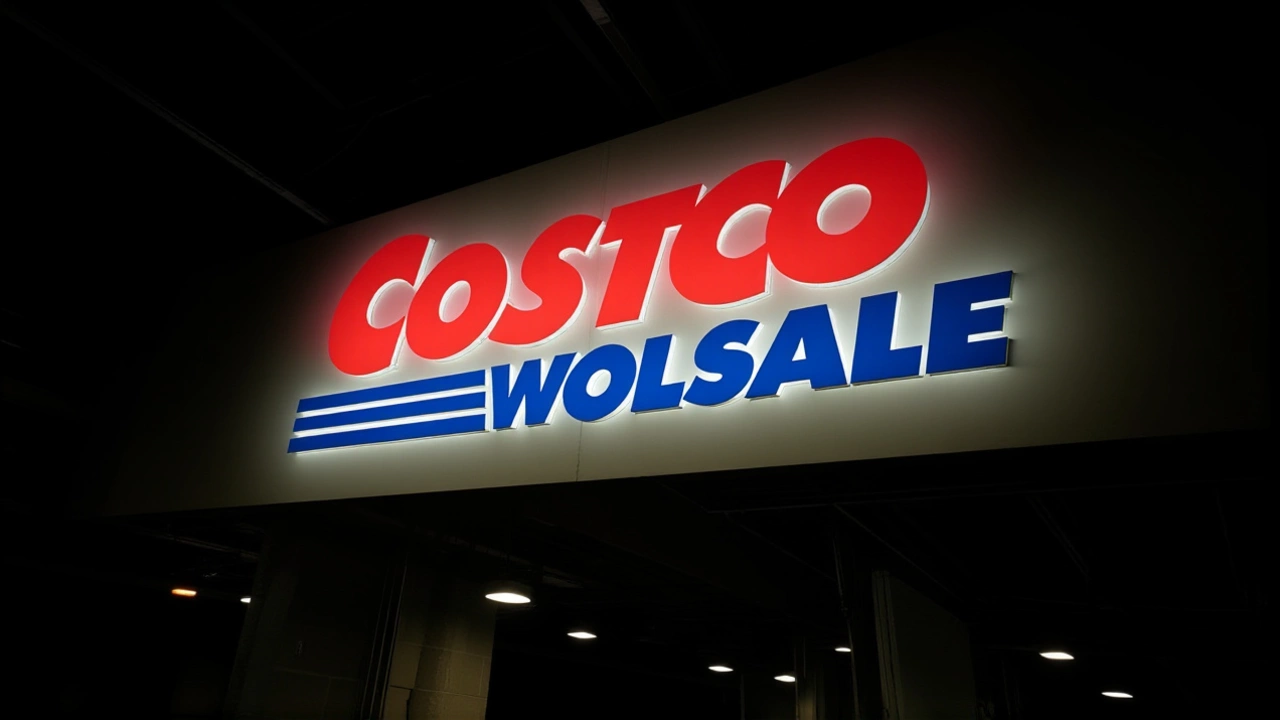
What Should You Do If You Have One?
Here’s the hard truth: don’t open it. Don’t try to chill it. Don’t move it unnecessarily. Don’t even think about recycling it. The CPSC is crystal clear: discard the intact bottle in your regular household trash. No special disposal. No return to Costco. No "let me just finish it." The risk isn’t worth it. After disposal, call Ethica Wines at 786-810-7132 (8 a.m. to 6 p.m. EST, weekdays) or email [email protected]. They’ll send you a refund voucher for the full $8 per bottle. No receipt needed. No questions asked. If you’re one of the few who actually opened one and got cut? Go to the ER. Then report it to SaferProducts.gov. The CPSC is still collecting data. Every report helps them understand how widespread the flaw is. And yes, they’re investigating the Italian winemaker. But so far, no one’s publicly named them.Why This Matters Beyond Prosecco
This isn’t just about wine. It’s about how private-label products—like Costco’s Kirkland Signature—are manufactured, tested, and monitored. Costco sells over 900,000 bottles of this one wine. That’s not a small batch. That’s a major supply chain decision. And when something like this goes wrong, the public assumes Costco’s brand means safety. It doesn’t always. The CPSC’s involvement here signals a systemic failure in quality control, not a one-off mistake. Other private-label wines could be at risk. The fact that this happened twice—first in 2025, then again in 2026—suggests a deeper issue in how these wines are produced and certified. It also raises questions about DOCG. That label is supposed to mean quality, tradition, and safety. But it doesn’t guarantee pressure testing. It doesn’t require third-party safety audits. It just says the wine came from the right region and followed traditional methods. That’s not enough. Not anymore.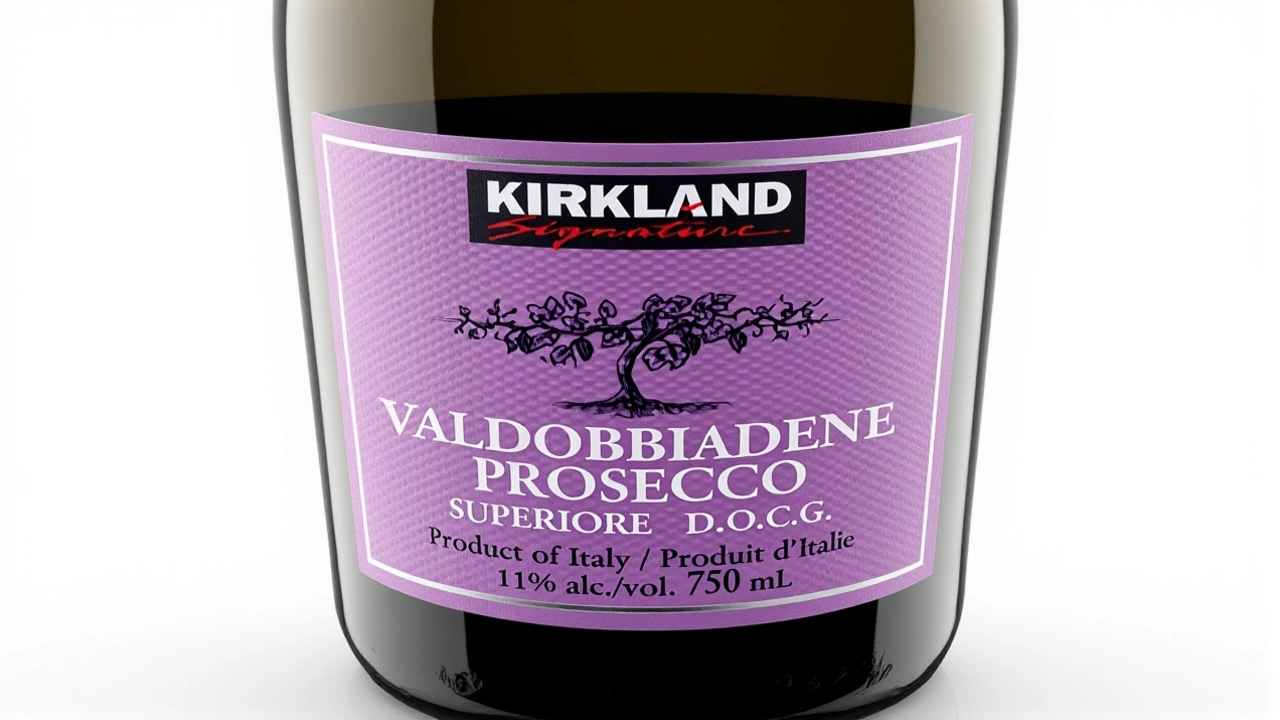
What’s Next?
The recall has no end date. It’s active until every single bottle is out of consumers’ hands. The CPSC says they’re working with state agencies to monitor retail compliance and ensure no new shipments enter the market. Costco has pulled all remaining stock from its Midwest warehouses. Ethica Wines has stopped importing this specific batch. But the wine that’s already in homes? That’s the real challenge. The CPSC estimates that as many as 30% of recalled bottles remain in circulation. That’s over 280,000 potential hazards still sitting on shelves. Meanwhile, the Italian producers remain silent. No statements. No recalls of their own. And the U.S. government can’t force them to act—only to block imports. So the pressure’s on Ethica Wines and Costco to find the root cause before this happens again.Frequently Asked Questions
How do I know if I bought the recalled Prosecco?
Check your receipt or purchase history for transactions between April 25 and August 26, 2025, at any Costco in Iowa, Illinois, Indiana, Kentucky, Michigan, Minnesota, Montana, North Dakota, Nebraska, Ohio, South Dakota, or Wisconsin. The product has UPC 196633883742 and Costco item number 1879870. The label reads "Kirkland Signature Valdobbiadene Prosecco Superiore DOCG" in purple on a green bottle with purple foil. If you’re unsure, don’t open it—discard it and call Ethica Wines.
Can I return the bottle to Costco for a refund?
No. Costco is not accepting returns of the recalled product. You must first safely discard the bottle in your regular trash, then contact Ethica Wines directly at 786-810-7132 or [email protected] to receive a full refund. Costco has outsourced the refund process to the importer, Ethica Wines, as part of the CPSC-approved recall plan.
Why did this happen? Is the wine faulty or the bottle?
The CPSC hasn’t publicly identified the exact cause, but the term "spontaneous combustion" suggests a chemical imbalance during fermentation or bottling—possibly excess sugar or yeast activity creating uncontrolled pressure. The glass itself appears structurally sound, meaning the failure is internal. This is not a manufacturing defect in the bottle, but in the wine’s stabilization process. The same issue occurred in the 2025 batch, suggesting a persistent flaw in production.
Are other Kirkland Signature wines affected?
No. This recall applies only to the Valdobbiadene Prosecco DOCG with UPC 196633883742. Other Kirkland wines—including the regular Prosecco, sparkling rosé, or Italian sparkling wines—are not part of this recall. The CPSC has confirmed no other products are affected. However, experts advise checking labels carefully, as similar naming conventions could confuse consumers.
What if I already opened the bottle and didn’t get hurt?
Even if you opened it safely, the CPSC advises discarding any remaining bottles from the same batch immediately. The risk isn’t just about opening—it’s about storage, movement, and temperature changes. A bottle that didn’t shatter on day one could fail days or weeks later. There’s no way to predict which ones are unstable. Better safe than sorry.
Is this the first time a wine has caused a combustion hazard?
Not technically, but it’s extremely rare. In 2018, a Spanish sparkling wine recall involved similar pressure issues, and in 2021, a French Champagne producer recalled 12,000 bottles after a burst injured a consumer. But this is the largest recall of its kind in the U.S. for a private-label wine. The CPSC has only issued two other recalls for wine-related combustion since 2010—both involving small, boutique producers. This case is unprecedented in scale and corporate involvement.
